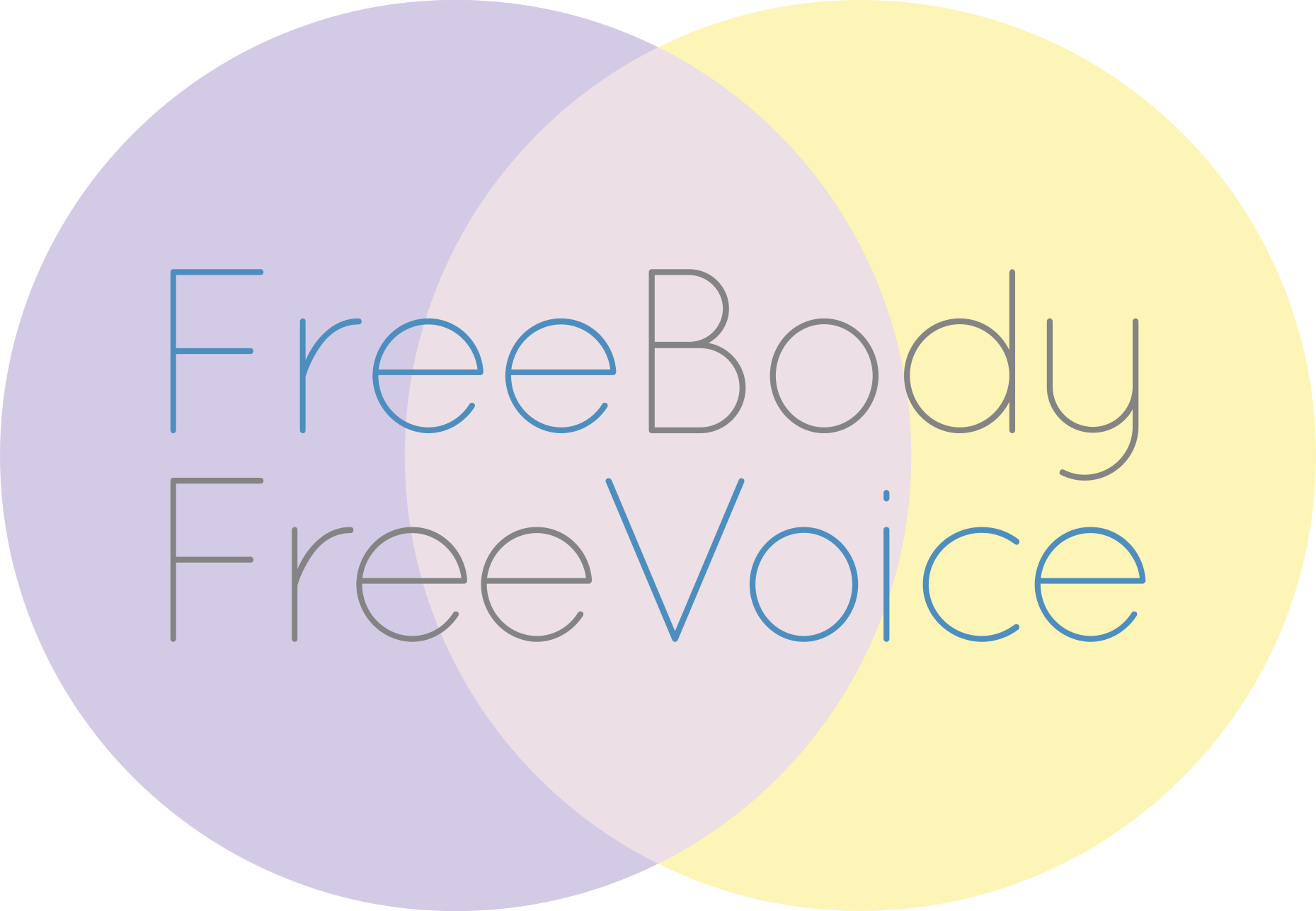Listening with your whole self
We humans love to divide things up into parts in our attempt to understand or possess them. We take a huge mass of Mother Earth and draw it on a piece of paper, adding lines that indicate a separation into different countries. Then we proclaim that certain people are less welcome to cross these arbitrary borders. We give names to different parts of our naturally unified spines and, in the process, create restrictions between what we’ve called neck and upper back and lower back. We make a trade: ease of talking about something for acknowledgment of its inherent unity.
We’ve done the separation thing with our amazing integrated sensory system as well. Our bodies transmit all manner of data to our brains to allow us to process our experience and form appropriate responses. In a laughably oversimplified way, we talk about our “5 senses.” This practice ignores the interplay between the senses as well as the complexity of each. Think for a moment about hearing, for example. Is hearing pitch the same sense as hearing volume or timbre or linguistic meaning? But we call these all “hearing.” In a similar way, our word “feeling” encompasses pressure, temperature, gravitation, electric tingle, itchiness, texture, pain, position in space, movement, and more qualities.
I love Alexander teacher Cathy Madden’s term “omniservation” because it melds all our ways of experiencing reality into one system, one state of being universally aware. Using this word is an invitation to use our full powers of awareness and to observe beyond the “popular” favorites like sight and hearing. And maybe to realize more of the glorious richness of what each of our sensory organs is able to perceive.
In your next practice session, I invite you to omniserve your environment and your singing:
Sit quietly and comfortably in a room for at least several minutes, tuning your whole being into gathering data about your surroundings. As much as possible, ignore whatever labels and judgments your mind comes up with and be an instrument to absorb aspects of the world and yourself. Notice what your brain directs your body to do with what you notice: you may scratch an itch, turn down the music, move away from a strong light. When you are connected to the data-gathering aspect of your being, sing something. See if you can observe the sounds, sights, and sensations of this activity as neutrally as you were observing your room. If omniserving your own voice is too strong a stimulus, you could listen to a recording of someone else instead.
If you feel so inclined, please feel free to share your discoveries in the comments below.
Happy Exploring!
